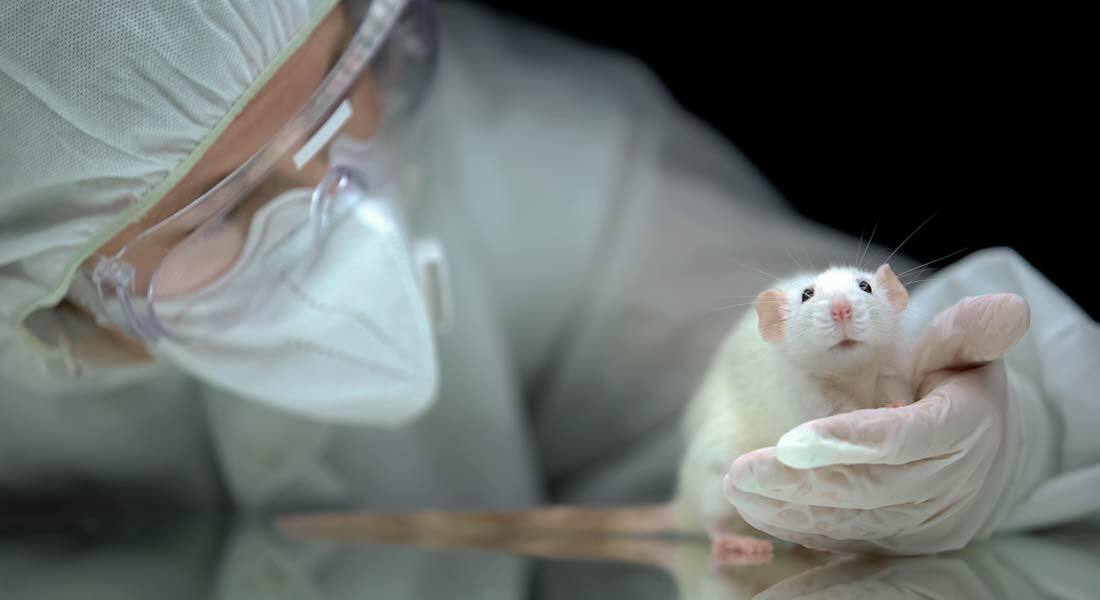
Go to the newsletter page and sign up to receive course dates, call for applications and other related programme news.

This course covers the regulatory issues concerning medicines safety from non-clinical and clinical development up to post marketing pharmacovigilance, with emphasis on regulatory issues in the post-authorisation phase.
After completion, you will be able to account for, scientifically discuss, advise on and evaluate the role of non-clinical, clinical and epidemiological scientific safety assessments and related regulatory requirements as the basis for the continuing safety assessment of medicines.
The course will introduce you to:
non-clinical safety studies including methods for assessing safety in vitro and in vivo (animals)
principles of safety monitoring in clinical phase I, II and III studies. This includes in vivo pharmacology, PK/PD aspects, the observation of adverse events and their assessment (causality and seriousness)
pre-authorisation tasks concerning safety documentation, preparation of clinical study protocols and execution of clinical studies with focus on the collection and reporting of safety data (development safety update reports, DSUR)
pharmacovigilance and risk management activities after marketing (phase IV), including spontaneous reporting, signal detection, periodic safety update reports (PSUR), benefit-risk assessment, planning and conduct of post-authorisation safety and effectiveness studies, and the implementation of risk minimisation measures
regulatory requirements and processes concerning medicines safety both before and after marketing authorisation, including the roles of regulatory bodies (EMA, PRAC and CHMP, FDA), EU and international guidelines (GVP, ICH).
For more details about the course, please refer to the course curriculum.
28 April–2 May 2025
The course is available every other year.
Please find the exam dates in the exam plan.
This course introduces regulatory safety requirements covering non-clinical and clinical development, as well as the post-authorisation phase. You will be able to explain the principles and management of pharmacovigilance before and after authorization including risk-benefit assessment and risk management, and identify the timing and requirement of non-clinical, clinical and post-authorisation safety studies for both small molecules and biopharmaceuticals.
On completion of the course, you will be able to:
plan and make decisions regarding non-clinical development and documentation
review and assess global safety data across all phases of drug development and post-authorisation
take responsibility for continuous risk-benefit assessment, pharmacovigilance, and risk management
integrate all safety aspects when assessing drug candidates for selection during clinical development and market authorisation approval.
You must meet the following criteria to be admitted to this course:
Find detailed information in the admission criteria on Master of Medicines Regulatory Affairs.
You will receive a response to your application at the earliest on 1 December and no later than 2 weeks after the application deadline.
This course is offered as a compulsory course in the Master of Medicines Regulatory Affairs programme. Priority is given to students already enrolled. Once the enrolled students have been admitted to the course, the remaining seats are distributed on a first-come, first-served basis.
University of Copenhagen
Department of Pharmacy/
Department of Drug Design and Pharmacology
2100 Copenhagen
Denmark
Annette Villumsen
Study Administration Officer
master@sund.ku.dk
Tel: +45 35 33 60 66